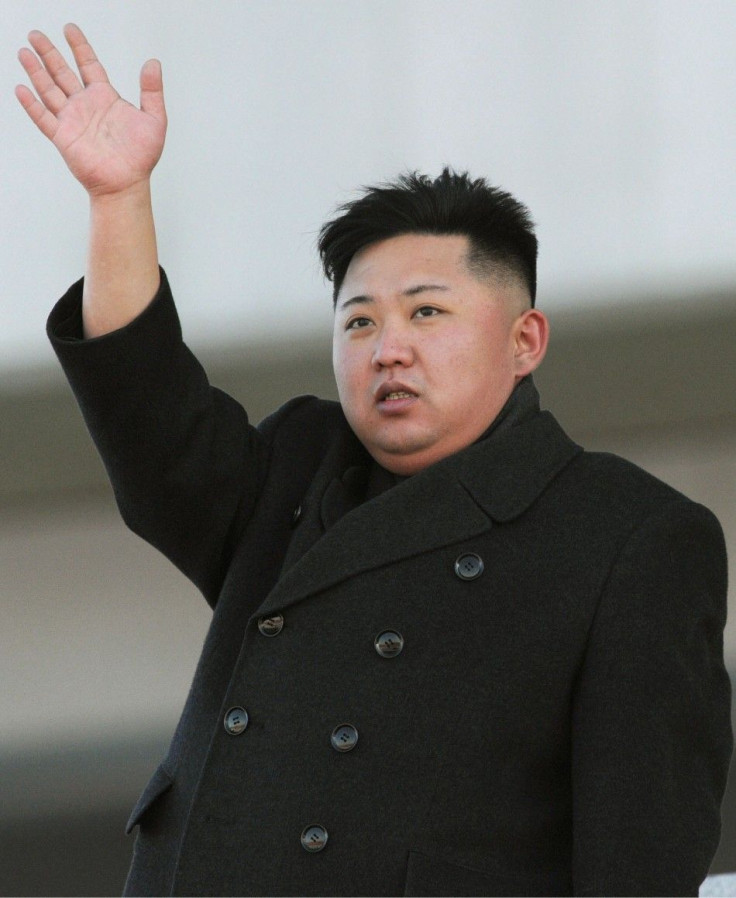North Korea: Cautious Hopes for Nuclear Moratorium

U.S. Secretary of State Hillary Clinton said North Korea's decision to place a moratorium on its nuclear program represents a modest first step in the right direction towards peace, but added that her government still has some profound concerns about Pyongyang’s intentions.
Speaking before a House of Representatives committee in Washington, Clinton said she will be watching closely and judging North Korea's new leaders by their actions, Reuters reported.
North Korea’s long-time enemy South Korea embraced the decision and said it hoped it could lead to a broader framework of peace between the two countries.
It is our assessment that the basis has been set for moving forward on our efforts to resolve the North Korean nuclear issue in a comprehensive and fundamental manner, said Foreign Ministry spokesman Cho Buyung-jae in a statement.
Japan also welcomed the moratorium.
We hope coordination to implement what has been agreed upon will make smooth progress, said Japanese Foreign Minister Koichiro Gemba said in a statement.
Earlier on Wednesday, North Korea agreed to halt its uranium enrichment program and long-range missile tests in exchange for 240,000 metric tons of food aid from the U.S. Pyongyang officials also agreed to allow inspectors from the United Nations’ International Atomic Energy Agency (IAEA) to visit and monitor its nuclear complex at Yongbyon nuclear in order to verify the moratorium.
The IAEA said it is prepared to return to North Korea, describing the moratorium deal an important step forward.
IAEA inspectors had withdrawn from North Korea three years ago.
The development is expected to lead to the resumption of full nuclear disarmament talks that would involve a total of six nations (US, China, Japan, Russia and the two Koreas).
Jack Pritchard, a former U.S. negotiator with North Korea who now is boss of the Korea Economic Institute, told Reuters: This puts an element of control back on the North Koreans' nuclear development program as well as their existing capabilities that we have not had for almost four years.”
However, Pritchard doubts that Kim Jong-un, who took over North Korea after his father’s death late last year, will be willing to completely relinquish his nuclear program.
How does a 28-year-old [Jong-un] give up the only legitimate piece of leverage that he has in dealing with the superpowers to preserve the survivability of his regime? He's not going to do that, Pritchard said.
Indeed, North Korea previously agreed to end its nuclear activities in exchange for economic aid in late 2005 -- that pact remains unfulfilled; in fact, Pyongyang conducted two nuclear tests thereafter.
Similarly, Victor Cha, an expert on Korea expert at the Center for Strategic and International Studies, told Reuters that IAEA officials may have to wait a while before they can really inspect North Korean inspectors up close.
I think it is going to be a tortuous process of synchronizing the shipment of the food aid with the arrival of the IAEA inspectors, Cha said.
That's the way the North Koreans like to do things, and it could get drawn out for a very long time.
© Copyright IBTimes 2024. All rights reserved.





















